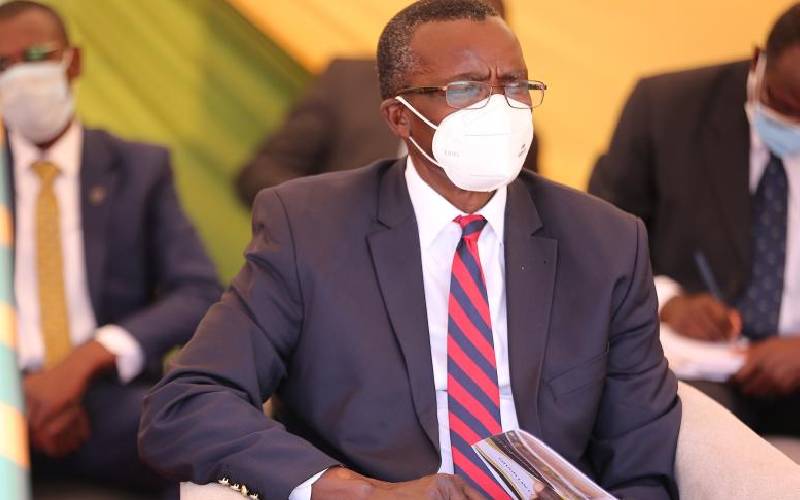
The contestations against Chief Justice David Maraga’s advisory to President Uhuru Kenyatta to dissolve Parliament have been hugely personalised and off the mark. They have been plainly ad hominem and nihil ad rem, as scholars would say. The CJ’s personal integrity has been assaulted. An ill motive has been imputed in sundry places, including on the floor of Parliament itself.
I appreciate the human factors behind the furor, especially among the legislators. In tandem, therefore, I also appreciate the attendant absence of wisdom, poor focus and lack of logic in the unnecessary public outbursts against the CJ. In a country increasingly litigious, someone has rushed to court over the matter. We must, accordingly, tiptoe around the issue, lest we be cited for contempt of court.